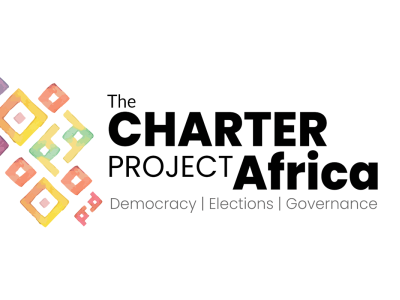
To set our priorities in action, the region needs the private sector
GREAT Insights’ Editor Dr San Bilal talks to Mr Kalilou Traoré, ECOWAS Commissioner in charge of industry and private sector promotion.
ECOWAS countries have made progress in many areas but there are still many challenges to attract more investment. To this end, the new strategy for private sector and the new strategy of industrial development were adopted to better address priorities and engage the private sector.
San Bilal: What is the regional dimension of private sector promotion? Isn't it first and foremost a national matter? Kalilou Traoré: The Economic Community of West African States (ECOWAS) was created to achieve a politically and economically stable area favourable for development. It comprises 15 countries with over 340 million people and will have a market of over 400 million consumers in 2020. The region has recorded a steady growth of 5% of GDP on average for over a decade. While ECOWAS countries have made progress in many areas, there are still many challenges to attract more investment. Everyone agrees that the private sector must be the engine of development. To make this possible we need to create an enabling environment for business development. The investment deficit of the private sector in our countries still depends largely on the quality of our business environment. This is an important challenge for all development stakeholders that requires a combination of efforts by member states, regional institutions, the international community and the private sector. The main private sector development responsibility rests with the national authorities who need to create the appropriate environment and establish administrative mechanisms, fiscal, infrastructural needed. The role of the region may be at three levels:
This article was published in GREAT Insights Volume 4, Issue 5 (August/September 2015).
ECOWAS countries have made progress in many areas but there are still many challenges to attract more investment. To this end, the new strategy for private sector and the new strategy of industrial development were adopted to better address priorities and engage the private sector.
San Bilal: What is the regional dimension of private sector promotion? Isn't it first and foremost a national matter? Kalilou Traoré: The Economic Community of West African States (ECOWAS) was created to achieve a politically and economically stable area favourable for development. It comprises 15 countries with over 340 million people and will have a market of over 400 million consumers in 2020. The region has recorded a steady growth of 5% of GDP on average for over a decade. While ECOWAS countries have made progress in many areas, there are still many challenges to attract more investment. Everyone agrees that the private sector must be the engine of development. To make this possible we need to create an enabling environment for business development. The investment deficit of the private sector in our countries still depends largely on the quality of our business environment. This is an important challenge for all development stakeholders that requires a combination of efforts by member states, regional institutions, the international community and the private sector. The main private sector development responsibility rests with the national authorities who need to create the appropriate environment and establish administrative mechanisms, fiscal, infrastructural needed. The role of the region may be at three levels:
- to give the private sector a larger market for business development;
- to assist Member States by pooling efforts through cooperation, harmonisation and implementation of joint projects; and
- to establish integrator mechanisms and projects.
- business environment
- regional market
- competitiveness
- SME development strategy
- private sector financing
- Diversify and expand the base of regional industrial production gradually increasing the local raw material processing rate from 15-20% to an average of 30% by 2030.
- Gradually increase the industrial sector contribution to regional GDP from a current average of 6-7% to over 20% by 2030.
- Gradually increase the intra-community trade in West Africa less than 12% to 40% by 2030, with a 50% share of regional trade in industrial products.
- Gradually increase the volume of exports of industrial products in West Africa to the global market from 0.1% to 1% by 2030.
- The revised implementation strategy of this policy has two main parts. A cross section which focuses on cross-cutting issues of industrialisation and a sectoral section that focuses on priority sectors.
- Strengthening of national policy, uniform, and regional cooperation
- Promotion of opportunities and market access
- Supporting industrial competitiveness
- Mobilising resources
- Agribusiness and food industries
- Pharmaceutical industry
- Building materials industry
- Industries automotive assembly and machinery
This article was published in GREAT Insights Volume 4, Issue 5 (August/September 2015).




